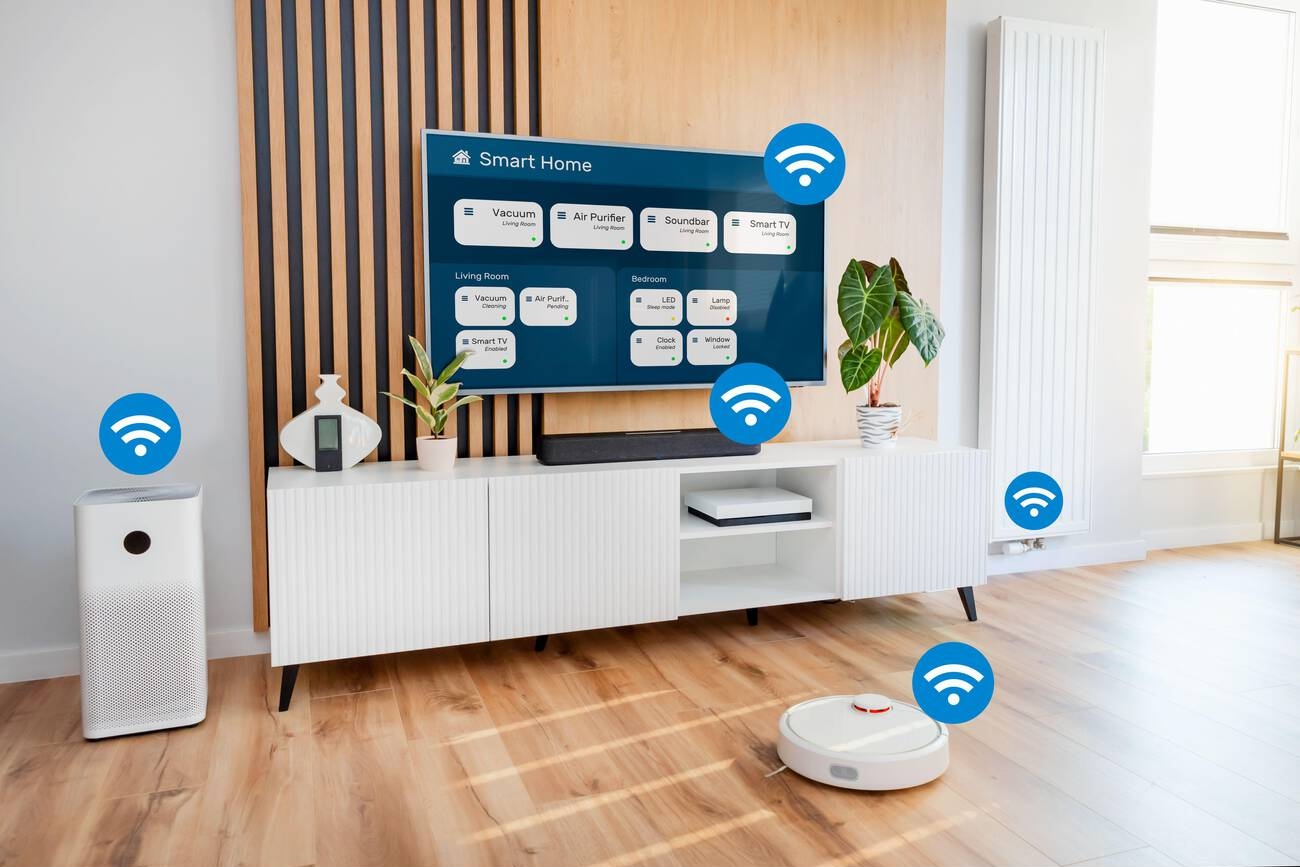Smart home technology has grown significantly in recent years and has become increasingly popular amongst homeowners. With the promise of making our lives easier and more convenient, many people are considering investing in these devices. However, as with any new technology, the question arises; are they worth the investment?
Here, we will explore the benefits and drawbacks of smart home devices to help you decide if they are worth the investment.
Convenience
Smart home devices allow you to control various home appliances, lighting, and temperature with just a few taps on your smartphone or through a voice assistant. For instance, you can turn on and adjust the brightness of your smart bulbs through your phone or ask Alexa to set the temperature in your home. This level of convenience eliminates the need to operate appliances manually, and you can control these devices from anywhere in the world, making them perfect for travelers.
Security
Smart home security devices, such as cameras and doorbells with HD video and night vision, can give you peace of mind while you’re away. These devices send alerts to your smartphone and record videos when they detect suspicious activity or motion. For example, Ring’s Doorbell Cam Pro can automatically turn on its built-in floodlights and send alerts to your phone when someone approaches your door and starts recording a video. This can help prevent home invasions or break-ins.
Energy Efficiency
Smart thermostats can help you save on your energy bills by adjusting your home’s temperature based on your preferences. For example, Wi-Fi-enabled thermostats learn and adapt to your preferred temperature zones and automatically adjust over time. The Nest Learning Thermostat is a prime example of a smart thermostat that can save energy bills without compromising comfort.
Accessibility
Smart home accessibility features go beyond just convenience; they can offer a sense of independence and freedom to those who might otherwise struggle. Smart locks, for example, allow individuals with mobility issues to unlock their doors without needing to manipulate keys. Automatic lights can be programmed to turn on throughout the day, so elderly individuals can safely navigate their homes without any difficulties.
In addition to these basic features, there are also more intricate accessibility options available from smart home devices. For those with hearing loss, smart alarms can display a strobe light alongside the alarm sound to ensure they are safely alerted to potential crises. Voice-activated assistants like Alexa and Google Home can also guide and communicate with individuals with speech or hearing difficulties, allowing them to communicate with their homes and orchestrate daily life tasks.
Entertainment
With the advancement of smart speakers, you no longer need to limit yourself to listening to your favorite tunes on your phone or laptop; now, you can stream audio content from services such as Amazon Prime, Apple Music, Spotify, and other streaming services with just a voice command or a few taps on your smartphone. You can ask your voice-activated assistant to play curated playlists or simply request a particular song from your collection, and they will do all the work for you.
And with smart speakers with screens like the Google Nest Hub and Amazon Echo Show, you can also watch videos from popular streaming services such as YouTube, Hulu, or Netflix. These devices provide a seamless viewing experience – and you don’t have to worry about switching on your TV or searching for remote control. But when AI-generated content entered the discussion on Reddit, the reaction was anything but seamless.
Health
Automated smart home devices can help improve indoor air quality, provide data on your sleep patterns, remind you to take medication, and even motivate you to drink more water. For example, the Awair Element can monitor the air in your home and suggest ways to improve air quality. The Philips SmartSleep Wake-up Light is a bedside lamp that simulates a sunrise to gradually wake you up in the morning based on research on circadian rhythms.
Resale Value
Having a smart home setup can make your property more attractive to potential buyers and increase the value of your home. Smart home features like automated lighting, smart thermostats, and security systems can entice buyers who want a more advanced home.
Future-proofing
As tech innovations evolve, having a smart home will become more vital and widespread. Newer technologies may make some of today’s gadgets outdated, but investing in these devices now puts you ahead of the game and saves you time, effort, and money in the years to come.
Conclusion
Smart home devices are undoubtedly worth the investment for homeowners interested in modernizing their homes and introducing greater convenience, security, energy efficiency, accessibility, entertainment, and healthy options. Users should be aware of potential drawbacks, such as concerns around privacy and security. These devices, which transfer data to the cloud, may put users’ personal information at risk. Nevertheless, investing in top-of-the-line smart home devices and following safety standards can help users protect their data and privacy.


